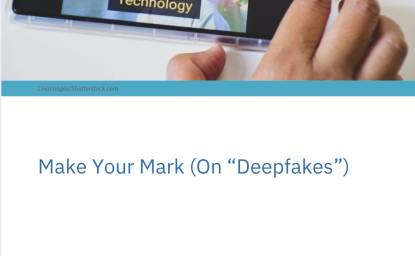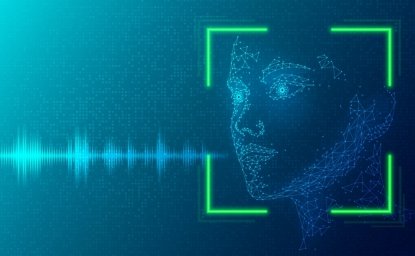Innovation Ecosystems: Eleonore Pauwels on How to Democratize Health Innovation
This is the first episode in a series of short interviews about innovation ecosystems.
This is the first episode in a series of short interviews about innovation ecosystems.
Innovation Ecosystems: Eleonore Pauwels on How to Democratize Health Innovation
There is a revolution happening in health driven by “makers in biology.” This nascent innovation ecosystem thrives in community bio labs, which allow people of all ages to engage with biology and genomics in non-traditional settings, building on increasingly distributed and inexpensive biotechnologies – from OpenPCR and bio-brewing techniques for drugs to 3D bio-printing of stem-cells and genome-editing test kits.
Picture these two examples. Tom Burkett, a professor at Baltimore Community College, worked with a group of students and colleagues to start the Baltimore Underground Science Space, or BUGSS, the first DIYbio lab in Maryland. BUGSS has quickly become a convening place where people can explore and learn about biology’s powerful potential and recently secured support from Robert W. Deutsch Foundation. And these labs are leading to real innovation. Will Canine, a political activist, learned about biology at Genspace, a DIYbio lab in Brooklyn. After studying information technology, robotics and biology at the lab, Canine is now running a start-up, Open Trons Labworks, aims to build the most affordable lab robot ever sold.
Community bio labs do not only provide a new channel for public engagement with biology but an opportunity for economic innovation by opening the doors for the creation of scientific tools at fractions of the cost of their commercial counterparts. At the same time, nearly $3 million have been raised on crowdfunding platforms in 2015 supporting health innovation projects for Batten disease, transgender hormonal therapies, and Ebola. Organizations like Counter Culture Labs, a community bio lab in Oakland, want to produce generic insulin, showing that biohackers can make scientific contributions, disrupting the existing model for pharmaceutical development.
I believe that we are at a tipping point. I think that we need to help ensure safe and responsible health research and build new innovation models or we could drive these emerging communities underground or out of existence.


The Science and Technology Innovation Program (STIP) serves as the bridge between technologists, policymakers, industry, and global stakeholders. Read more



